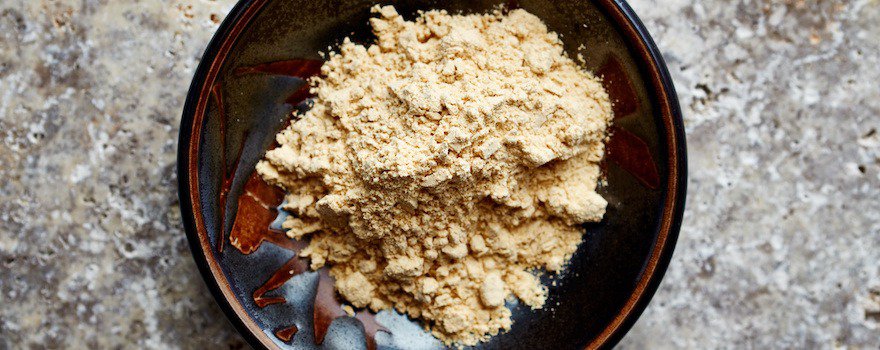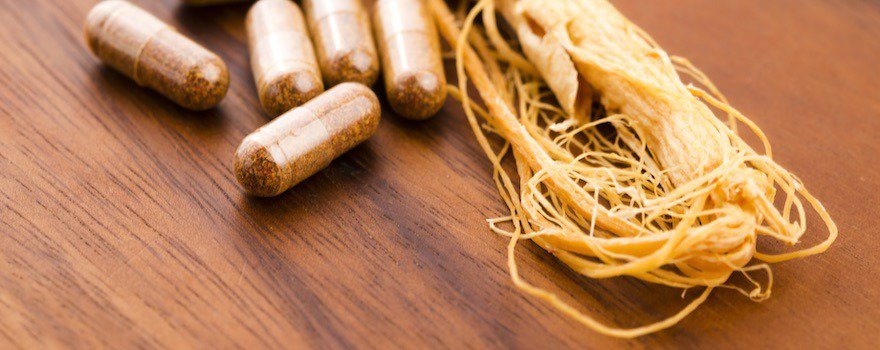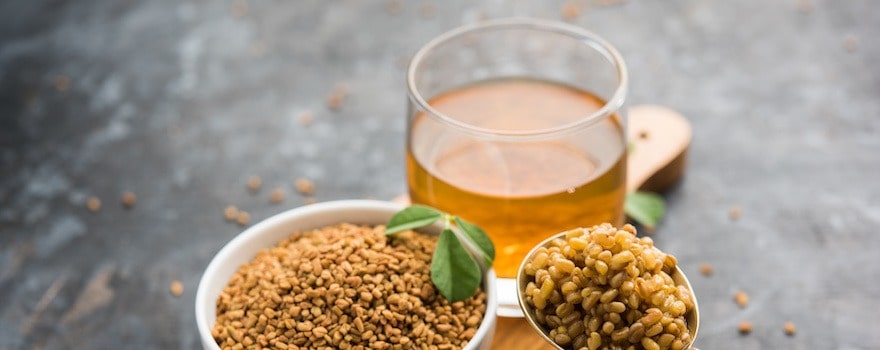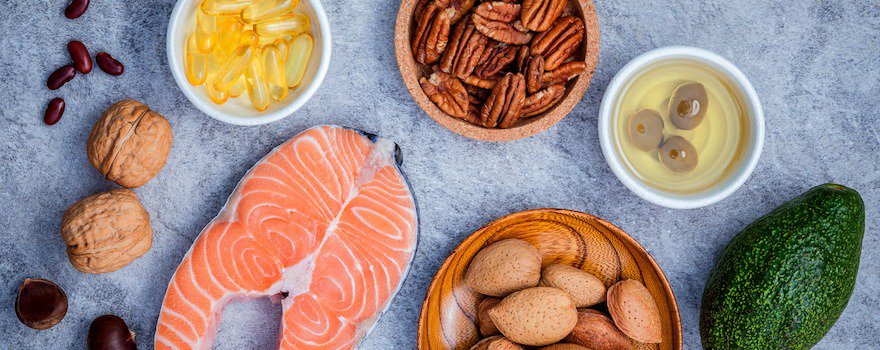Menopause results in a gradual decline in estrogen production in women. Generally occurring between 45 and 55 years old, it marks the definitive end of menstrual cycles and periods. This period can be difficult to experience.
Indeed, it is accompanied by numerous symptoms whose intensity varies among women.
Hot flashes, night sweats, sleep and mood disturbances…: the effects are both physical and psychological.
These disturbances are related to hormonal changes and the loss of estrogen and progesterone.
Regular physical activity, good hygiene practices, and a healthy diet help manage menopause better. There are also natural solutions to alleviate the discomforts.
Here is our selection of the 5 best natural treatments for menopause.
Precaution: depending on your symptoms and before taking a dietary supplement, we advise you to consult a doctor.
1. Maca

Maca is a plant native to the Andes, cultivated for its tuber. Its consumption is interesting for boosting libido, often decreased at the time of menopause.
It also contributes to hormonal balance and relieves certain symptoms like hot flashes, insomnia, and irritability.
It contains beneficial nutrients including vitamin B1 against mood swings, zinc, and copper against hot flashes.
This study shows the beneficial effects of maca on menopause discomforts.
How to consume it: capsules allow for easy, quick, and practical intake. You can also use maca powder in cooking. Add it to your smoothies, porridges…
Lire aussi | Nos conseils pour acheter de la maca
2. Ginseng

Ginseng is primarily known for improving sexual function and increasing desire. It is also of interest for reviving libido during menopause. But its benefits don’t stop there.
Indeed, it is capable of stimulating estrogen production and thus reducing certain symptoms like sudden fatigue and hot flashes. Korean red ginseng seems to be the most effective as shown by this study.
Additionally, ginseng is an adaptogenic plant. It increases vitality, restores energy, and reduces mood disorders during menopause.
In this study, it improved sexual function, reduced discomfort, and promoted well-being in menopausal women.
How to consume it: in powder, paste extract, capsules, or ampoules. You can also cook the raw rhizomes, sliced or infused.
Read also | How to choose the best ginseng?
3. Phytoestrogens

Phytoestrogens are plant hormones that act similarly to biological hormones. They are said to have a hormone-mimetic capacity.
The main phytoestrogens are:
- Isoflavones: found in many plants in the Fabaceae family like soy, kudzu, astragalus, fenugreek, and red clover
- Coumestans: found in young legumes like soy sprouts, clover, or cultivated alfalfa sprouts
- Lignans: present in flaxseeds, sesame seeds, and rye
As shown by this review, many researchers have studied phytoestrogens as a potential substitute for synthesized hormone therapy. They seem to relieve menopause symptoms without causing the side effects of hormone replacement therapies (HRT).
In this study, the intake of phytoestrogens helped reduce the frequency of hot flashes in menopausal women.
How to consume them: they can be obtained through diet by consuming foods rich in phytoestrogens, or taken as dietary supplements.
Warning: they are not recommended for women with a history or risk of breast cancer.
4. Royal Jelly

Royal jelly is a hive product. This natural substance is rich in minerals, trace elements, and vitamins. It is an interesting natural treatment for menopause.
It notably contains vitamin B9 or folic acid which helps alleviate menopause symptoms.
In this study, researchers also discovered compounds with estrogenic activity, capable of interacting with estrogen receptors. They could relieve menopause symptoms while maintaining a good hormonal balance in women.
How to consume it: fresh, in capsules, tablets, or ampoules. It can be consumed daily or as a 3-month course.
5. Omega-3s

Omega-3s are essential fatty acids because they are not synthesized by the body. Beneficial for the cardiovascular and cerebral systems, they also contribute to women’s well-being during menopause.
On the one hand, they have a beneficial effect on psychological symptoms: mood swings, irritability, depression… In this study, omega-3 supplementation reduced depression symptoms.
On the other hand, they reduce the frequency of hot flashes and improve the quality of life for menopausal women as shown in this study.
How to consume them: prioritize foods rich in omega-3s (seeds, nuts, flax oil, fatty fish…). There are also dietary supplements based on plant or marine-derived omega-3s.
Read also | How to choose your omega-3s
What is menopause?
The different phases of menopause
Menopause is caused by the end of ovarian function: the ovaries stop secreting estrogen and progesterone. It’s a complex process comprising several phases:
- Premenopause: a period of 2 to 7 years before the permanent cessation of menstruation. It is characterized by irregular cycles and mild symptoms.
- Perimenopause: encompasses the premenopause period and the first year without menstruation.
- Menopause: when menstruation is absent for at least 12 consecutive months.
- Postmenopause: starts about a year after the end of menstruation, once menopause is established.
The main symptoms of menopause
Among the most common symptoms of menopause are:
- hot flashes
- night sweats
- mood swings
- sleep disorders
- weight gain
- decreased libido
- vaginal dryness
- urinary infections
- fatigue
- headaches
These symptoms vary in importance depending on the woman and the menopause phase. Some may decrease or even disappear over the years.



